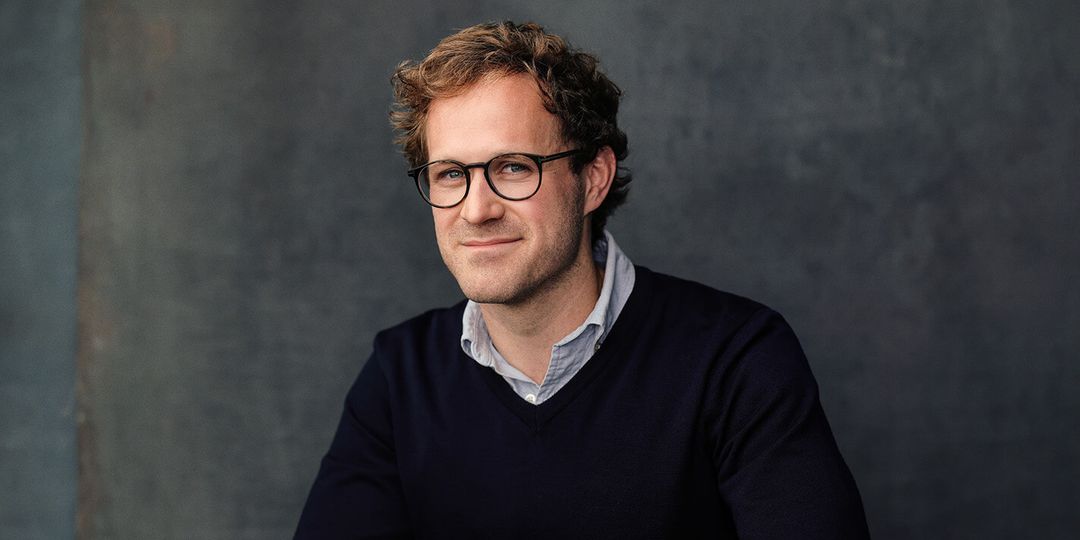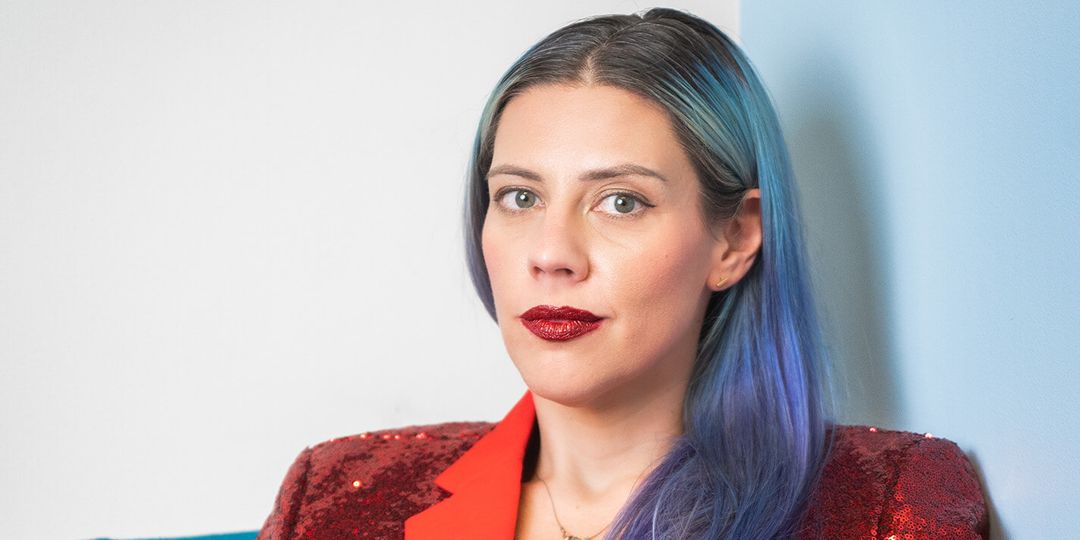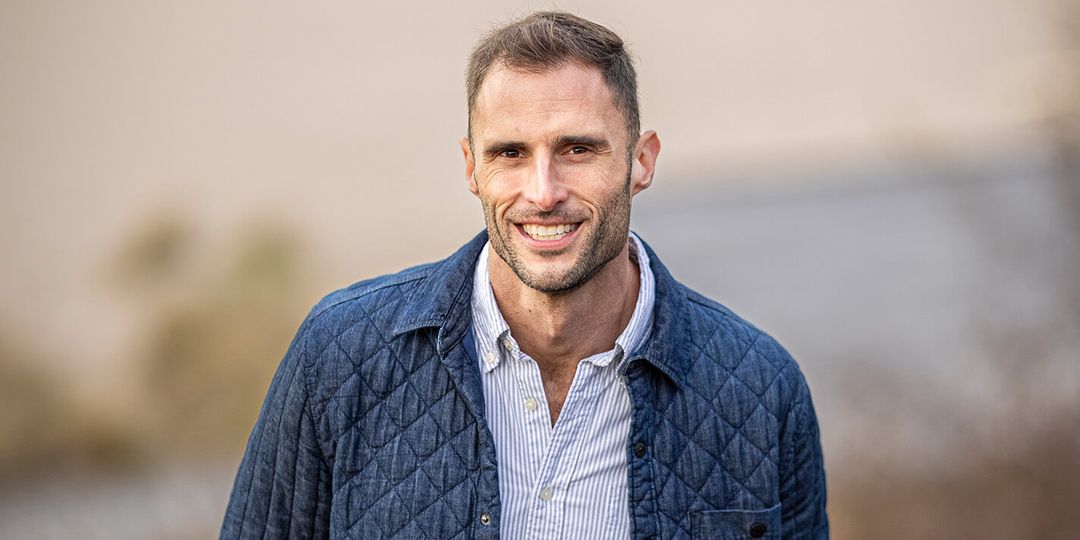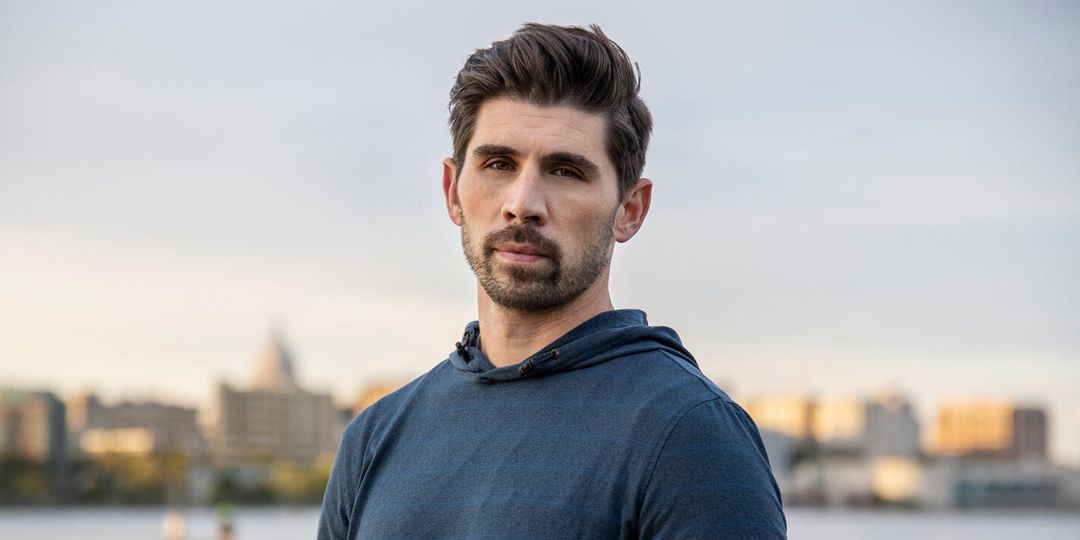Head of People Engagement and Community Partnerships, WPS Health Solutions
UW Majors: Biology; Spanish
Faatima Khan ’15 entered UW–Madison with her future clearly mapped out. She hails from a multigenerational Badger family, and the UW has always felt special to her. She was excited to follow in her family’s footsteps. “I always had it in my mind I’d go there — it was really cool to be part of that legacy,” she says.
Having already earned her certified nursing assistant (CNA) license at 16, she graduated with bachelor’s degrees in biology and Spanish and was on track to attend medical school. But while she was in her senior year, everything changed: her father was unexpectedly diagnosed with stage-four cancer and given just three months to live.
“I had my whole career set up,” she says. “I was knocking things off my list, and then when my father got sick, it was a total shift. But I really do think that with hardship comes ease. Even though it’s impossibly hard in the moment, you can eventually look back and find some good in what happened.”
Helping her family care for her father became Khan’s priority. He lived nearly three and a half more years — a gift of time that allowed them to travel the world and make memories together.
But the experience of navigating treatment plans, appointments, and a complex health care system also showed her just how deep gaps in access and equity run, especially for families of color. After graduating, she paused her premed track and went to work full time at Centro Hispano, a nonprofit serving Dane County’s Latino community. Khan put her premed background and Spanish fluency to work helping launch the Caminos certified nursing assistant program — a training initiative that prepares local residents for CNA certification and entry-level health care jobs.
Khan first connected with Centro Hispano as an undergrad, volunteering there and at Wright Middle School, while also working in the UW Department of Athletics. This early commitment to community engagement continues today through her mentorship of students and involvement in local nonprofits, including United Way. At United Way, she served as the director of corporate and community engagement, and she now volunteers as chair of Women United. Her decision to take on that role was shaped by her time at the UW. “I remember hearing a lot about the Wisconsin Idea and making sure your impact reaches beyond campus,” she says.
Khan brought that same community-centered approach to Agrace, the largest hospice provider in Wisconsin. Her father’s illness taught her the importance of personalized care. “Traditional Western care isn’t what everyone needs,” she says. “How do you individualize care and give people the dignity and respect they deserve, especially at the end of life?” As Agrace’s diversity, equity, and inclusion manager, she strove to improve access for underserved communities and train staff in culturally responsive practices.
She employs the same core principles in her current role as head of people engagement and community partnerships at WPS, a health solutions company. Khan oversees the not-for-profit’s enterprise-wide employee engagement strategy, including the company’s community partnerships and WPS Charitable Foundation. For Khan, it’s not simply about representation — it’s about honoring all lived experiences and perspectives.
“My work has very much been about creating spaces for individuals to feel seen, heard, and valued,” she says. “Truly, it stems from a core belief in respect and the strength found in bringing people together to make systemic change.”





